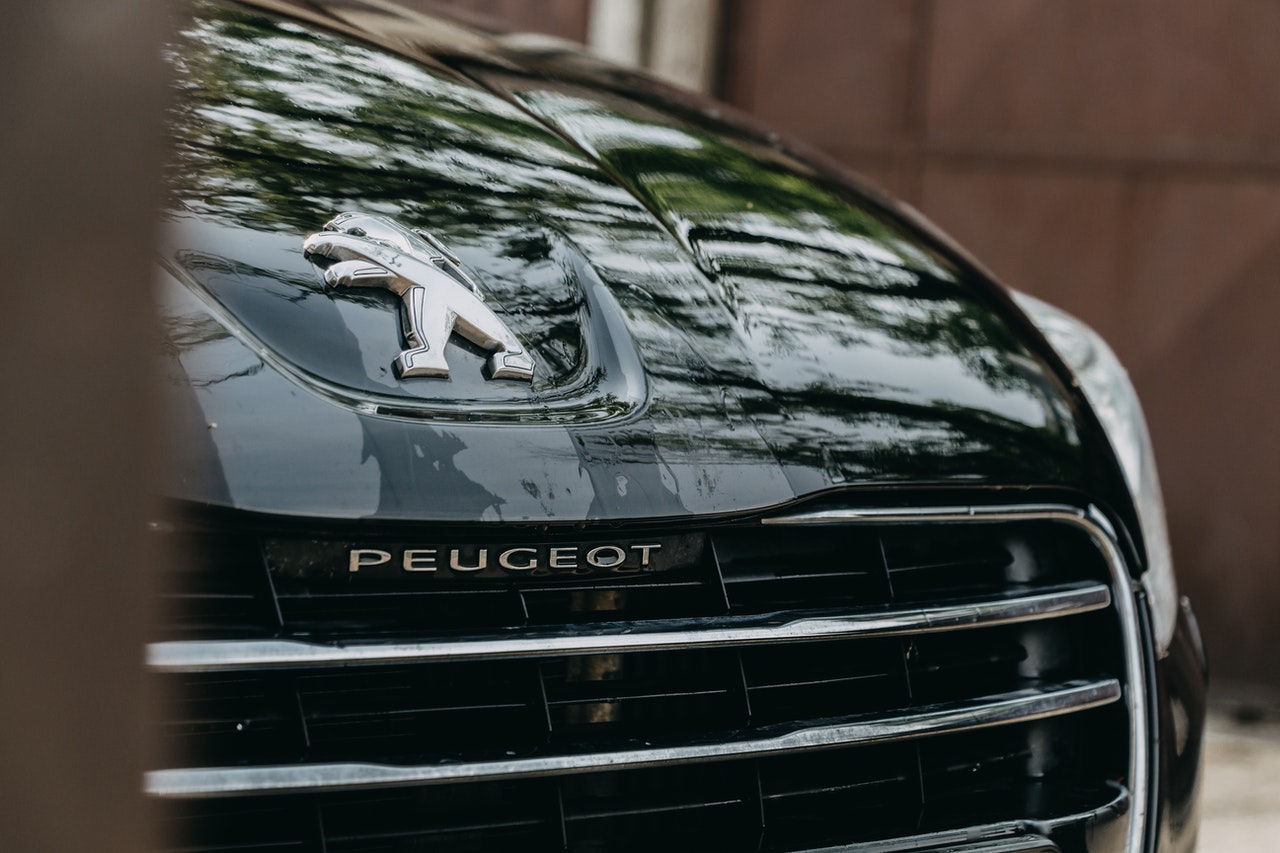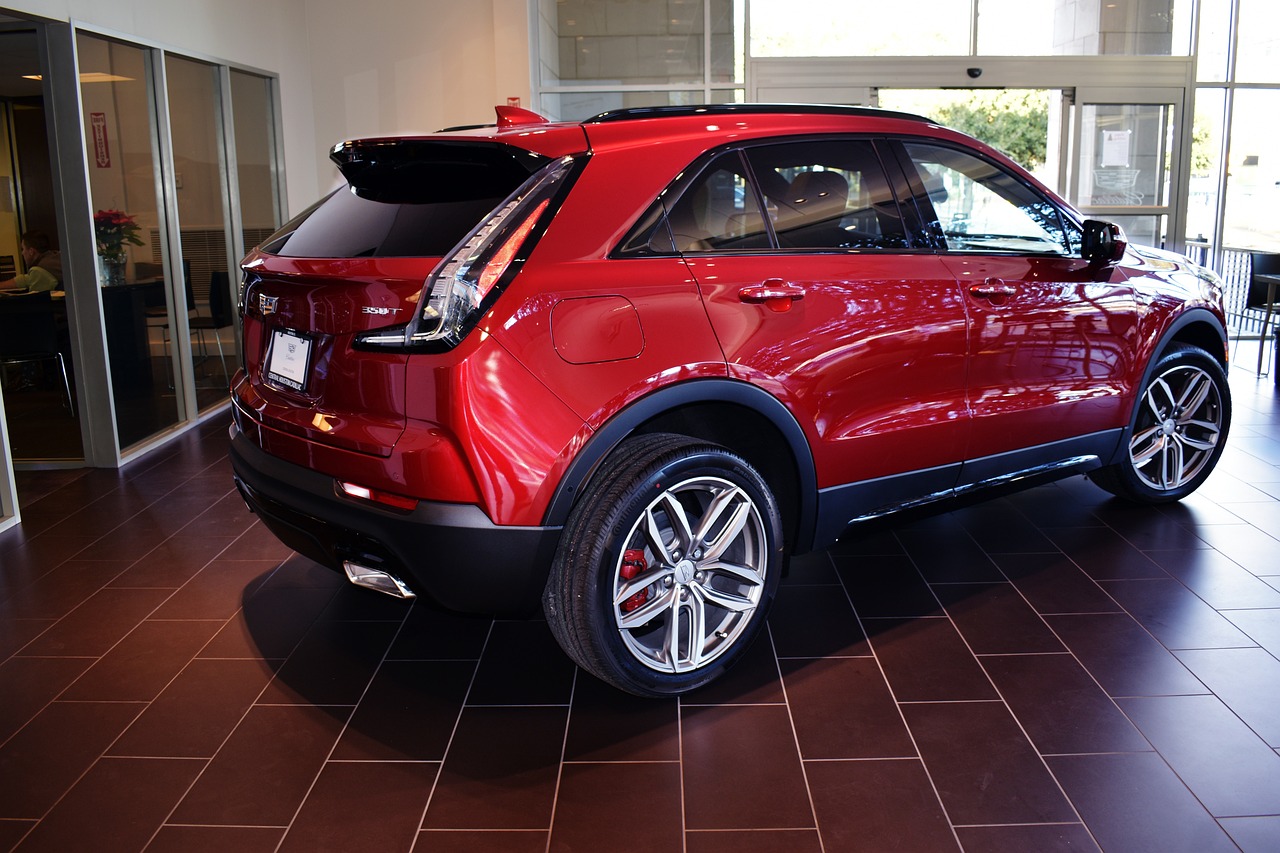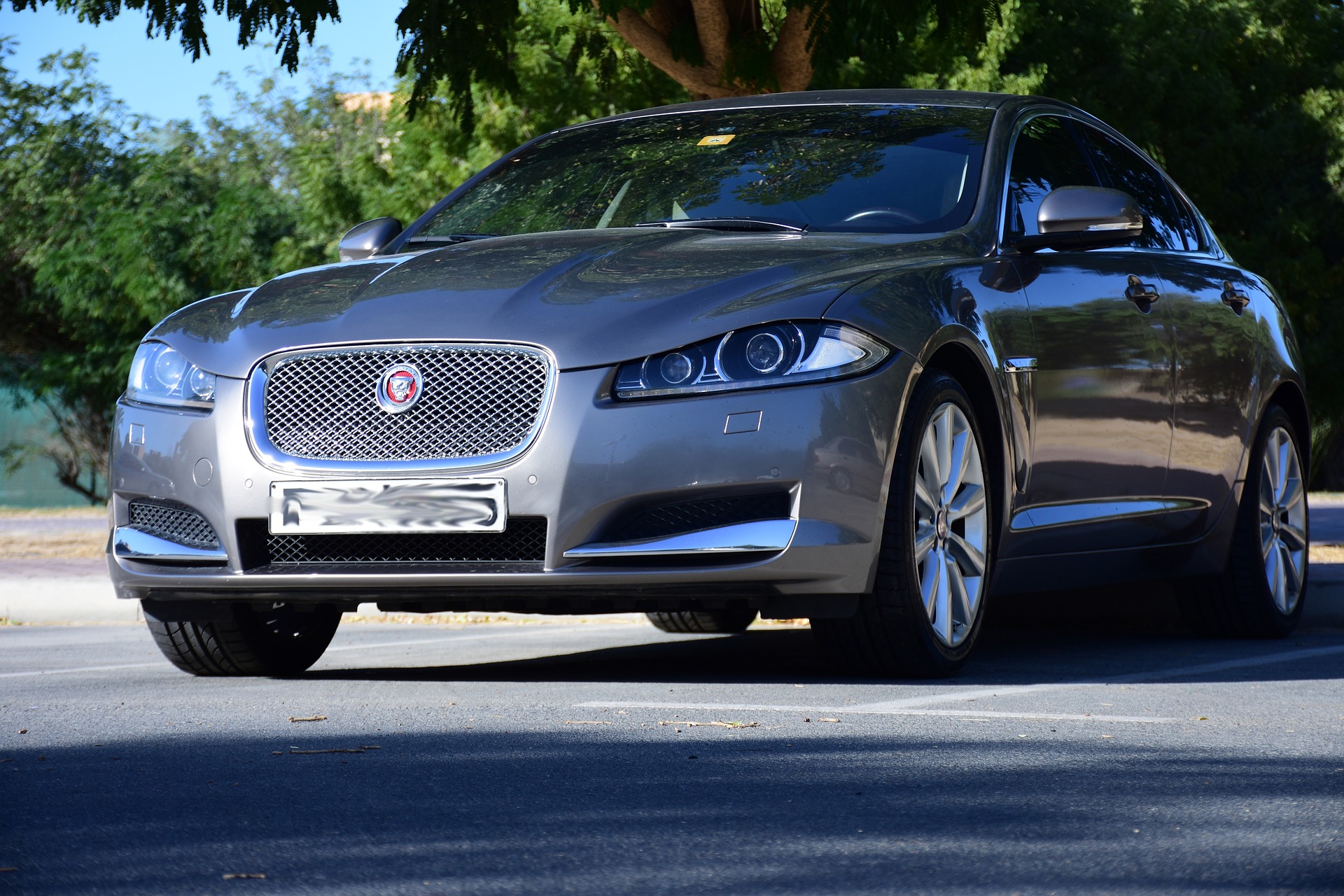Avoid Used Car Scams with carVertical: Your Ultimate Guide
As the used car market continues to grow, consumers are constantly looking for ways to get the best deals and avoid scams. Unfortunately, unscrupulous sellers also take advantage of this demand, using various tactics to deceive potential buyers. This article aims to educate readers on common used car scams and how utilizing carVertical can help protect them from fraudulent transactions.
- Odometer Rollback Scam
One of the most common used car scams is odometer rollback. Unscrupulous sellers tamper with the vehicle’s odometer to show a lower mileage than the car has actually traveled. This artificially inflates the value of the car and tricks buyers into paying more than they should.
To avoid this scam, always request a vehicle history report, which should include information about the car’s mileage. carVertical, a blockchain-based platform, offers comprehensive vehicle history reports. By checking a car’s history through carVertical, you can determine if the odometer has been tampered with, helping you avoid this common scam.
- VIN Cloning Scam
VIN cloning is another popular scam in the used car market. Criminals steal a vehicle’s VIN (Vehicle Identification Number) from a legally registered car and use it to clone the identity of a stolen car. Unsuspecting buyers then purchase the stolen vehicle, only to find out later that the car they bought is not legally theirs.
To protect yourself from VIN cloning scams, use carVertical to verify the car’s VIN. The platform cross-references the VIN with various databases, ensuring the vehicle’s legitimacy. Additionally, inspect the car thoroughly for signs of tampering, such as mismatched VIN stickers or plates.
- Title Washing Scam
Title washing is a scam in which a seller conceals a vehicle’s negative history, such as salvage, flood damage, or a totaled status, by obtaining a new title in a different state with a clean record. This practice enables the seller to sell the car at a higher price by hiding its problematic past.
To avoid falling victim to a title washing scam, use carVertical to obtain a vehicle history report. carVertical’s reports include information about a car’s title history, revealing any discrepancies and helping you avoid purchasing a vehicle with a problematic past.
- Escrow Scam
In an escrow scam, a fraudulent seller claims to be located far away from the buyer and insists on using a fake escrow service to facilitate the transaction. The buyer is then instructed to deposit funds into the escrow account, but once the money is deposited, the scammer disappears, leaving the buyer without a car and out of their money.
To avoid this scam, always use a reputable escrow service, and verify the legitimacy of the service before depositing any funds. Additionally, consider using carVertical to verify the seller’s identity and ensure they own the car they are selling.
- Deposit Scam
Deposit scams involve a seller requesting a deposit to “hold” a car for a buyer, only to disappear once they receive the payment. This leaves the buyer without a car and out of their deposit.
To protect yourself from deposit scams, never send money to a seller without meeting them in person and inspecting the car. Use carVertical to verify the legitimacy of the car and the seller’s ownership before agreeing to any transactions.
- Fake Online Listings Scam
Fake online listings are another common used car scam. Scammers create listings for cars that don’t exist, using photos and descriptions taken from other ads. Once a buyer expresses interest, the scammer requests payment via wire transfer, only to disappear once the funds are received.
To avoid fake online listings, use carVertical to verify the legitimacy of the car and the seller’s ownership. Always inspect the car in person and meet the seller face-to-face before making any payments. Be wary of sellers who pressure you to make quick decisions or demand payment via wire transfer.
- Curbstoning Scam
Curbstoning is a scam where unlicensed dealers pose as private sellers to avoid regulations and taxes. These individuals often sell vehicles with hidden issues, misrepresenting the car’s condition to unsuspecting buyers. Curbstoners frequently sell cars with tampered odometers, undisclosed accident damage, or other major problems.
To protect yourself from curbstoning scams, always ask to see the seller’s identification and compare it with the name on the car’s title. Use carVertical to obtain a comprehensive vehicle history report, which will reveal any hidden issues or discrepancies with the vehicle’s history. Be cautious of sellers who only provide a cellphone number and refuse to share their address.
- “As-Is” Sale Scam
In an “as-is” sale scam, a seller lists a car for sale without disclosing any known problems. Once the buyer purchases the car, the seller claims that the vehicle was sold “as-is,” and any issues are now the buyer’s responsibility.
To avoid this scam, always have a pre-purchase inspection conducted by a trusted mechanic before buying a used car. Additionally, use carVertical to obtain a vehicle history report, which will provide valuable information about the car’s past and any potential issues. Be cautious of sellers who refuse to allow an inspection or provide a vehicle history report.
- Bait and Switch Scam
Bait and switch scams involve a seller advertising a car at an attractive price to lure potential buyers. Once a buyer expresses interest, the seller claims the car has already been sold and tries to convince the buyer to purchase a different, more expensive vehicle instead.
To avoid falling victim to a bait and switch scam, always confirm the availability of a car before traveling to view it. Use carVertical to verify the car’s legitimacy and ensure the seller owns the vehicle they are advertising. Be cautious of sellers who pressure you to make a quick decision or attempt to sell you a different car than the one advertised.
- Flood-Damaged Cars Scam
Flood-damaged car scams involve sellers concealing the fact that a vehicle has been damaged by water, often from natural disasters such as hurricanes or floods. These cars can have serious issues, including mold, rust, and electrical problems.
To protect yourself from flood-damaged car scams, always inspect the car thoroughly for signs of water damage, such as rust, mold, or a musty odor. Use carVertical to obtain a vehicle history report, which will reveal any flood damage or other issues in the car’s past.
Conclusion
In conclusion, the used car market can be a minefield of scams and deceptive practices. By educating yourself on these common scams and utilizing carVertical to verify a car’s history and legitimacy, you can protect yourself from fraudulent transactions and enjoy peace of mind when purchasing your next used car. Remember, knowledge is power – the more you know, the better equipped you’ll be to make an informed decision and avoid being scammed.












